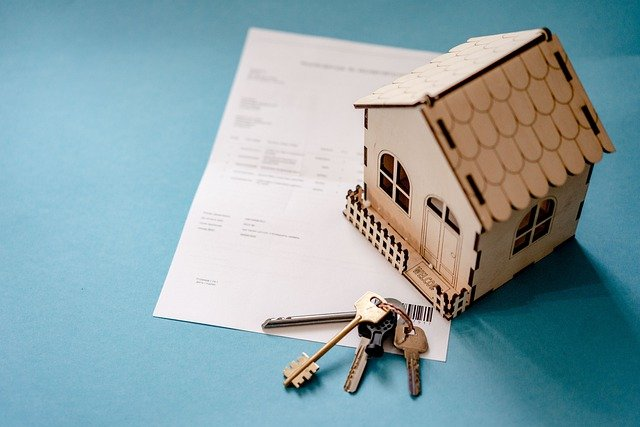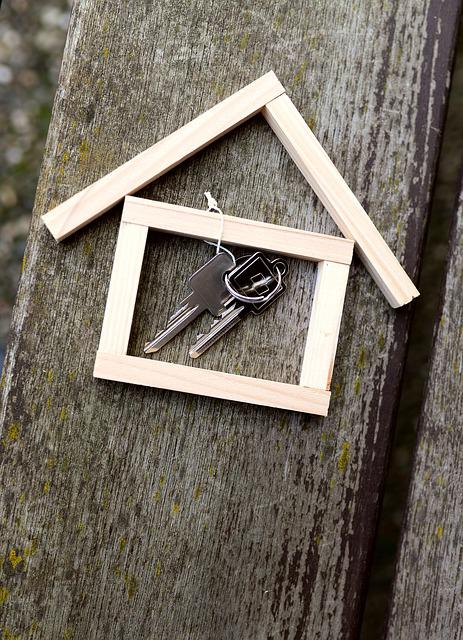In your 20s, you are probably just starting your career and figuring out how to invest your money. While there are many options available to you, one of the best is real estate investment. Here we will discuss how to get started in real estate investment and the benefits of investing in real estate in your 20s. We will also provide some tips on making the most of your investments!
What Is Real Estate Investment?

Real estate investment is the process of purchasing, owning, and managing property to earn a return on your investment. When you invest in real estate, you become a landlord and collect rent from tenants. There are many different real estate investments, but the most common are residential properties (homes and apartments) and commercial properties (office buildings and shopping centers).
5 Benefits Of Investing In Real Estate In Your 20s
There are many reasons why real estate investment is an excellent option for young adults. Here are some of the most common benefits:
1. You can earn a passive income: Once you have purchased an investment property, you will be able to collect rent from tenants and make a regular income without much work. This is unlike other investments, such as stocks, which can be very volatile and require constant attention.
2. You can build equity: As a landlord, you will be able to increase the value of your rental property by making improvements and repairs. This will allow you to build equity, the difference between the mortgage balance and the property’s market value.
3. You can get tax advantages: The government offers many tax benefits to real estate investors, such as the ability to deduct mortgage interest and depreciation.
4. You can hedge against inflation: When you invest in real estate, your rental income will increase along with the cost of living. This makes real estate a great way to protect yourself against inflation.
5. You can diversify your portfolio: By investing in real estate, you can diversify your investment portfolio, reduce your overall risk, and increase cash flow. Real estate is not as volatile as other investments, such as stocks.
7 Tips For Investing In Property in Your 20s

If you are ready to start investing in real estate, here are some tips to help you get started:
1. Educate Yourself And Do The Research
Before you start investing, it is essential to educate yourself on the different types of real estate investments and how they work. You should also research the different markets and properties that are available. This will help you make informed decisions about where to invest your money. You can also take advice from a real estate investor.
2. Start Saving
Investing in real estate requires a significant amount of money, so you need to start saving as soon as possible. Begin by setting aside money each month to put towards your investment fund.
3. Create A Budget And Stick To It
When investing in real estate, it is essential to create a budget and stick to it. This will help you stay on track and avoid overspending.
4. Work With A Real Estate Agent
When you are ready to start looking for properties, working with a real estate agent is a good idea. They will be able to help you find the right property and negotiate the best price.
5. Build Up Credit
It is essential to have good credit when investing in real estate. This will help you get better interest rates and terms on your mortgage.
6. Be Prepared For The Long Haul
Investing in real estate is a long-term commitment, so you need to be prepared for the long haul. This means that you should not expect to see immediate results.
7. Networking
Last but not least, don’t forget to network! Connect with other real estate investors and learn from their experiences. This will help you make better investment decisions and avoid mistakes.
6 Ways You Can Invest In Real Estate In Your 20s

Now that you know some of the benefits of investing in real estate, here are a few ways you can get started:
1. House Hack
House hacking is when you purchase a property and move into it with roommates or tenants. This allows you to live for free or close to free while also earning rental income. The main advantage of house hacking and rental properties is that it will enable you to start real estate with very little money down.
2. Buy A Fix And Flip Property
Another way to get started in real estate is to purchase a fix and flip property. This involves buying a property that needs repairs or renovations and then selling it for a profit. This can be a great way to earn quick cash, but it does require some work and knowledge of the real estate market and purchase price.
3. Invest In Turnkey Properties
If you don’t want to deal with the hassle of repairing and renovating a property, you can invest in turnkey properties. These properties have already been repaired and are ready to be rented out. Turnkey properties are a great way to earn passive income without working.
4. Buy and Hold Real Estate
Another option for real estate investment is to buy and hold properties. This involves purchasing a property and then holding onto it long-term. You will be responsible for maintaining the property, but you will also be able to collect rent from tenants. This is a great way to earn passive income and build equity over time.
5. Join A Real Estate Investment Club
If you’re not sure how to get started in real estate, you can join a real estate investment club. These clubs are made up of experienced investors who can help you learn about the market and find great deals on properties.
6. Start A Real Estate Blog
One of the best ways to learn about real estate investing is to start a blog. By writing about your experiences, you can share your knowledge with others and help them make better investment decisions.
Final Thoughts
Investing in real estate is a great way to build wealth and passive income. If you’re in your 20s, there are many ways to invest in real estate. Just be sure to do your research and consult with a financial advisor before making any investment decisions.
Interesting Read
Advice to CEOs from a Professional Business Coach
5 Reasons Why Silver Is A Bad Investment



